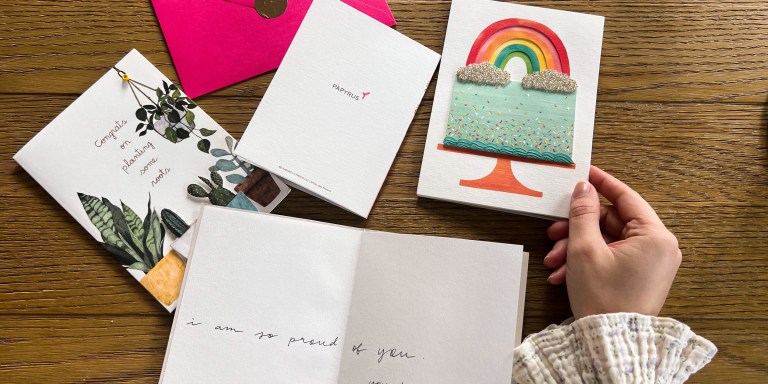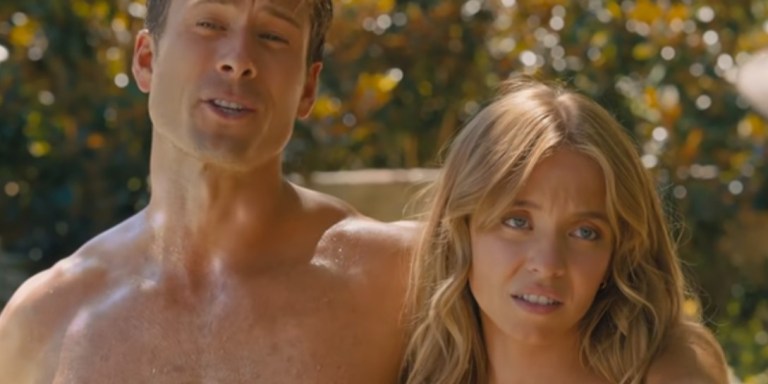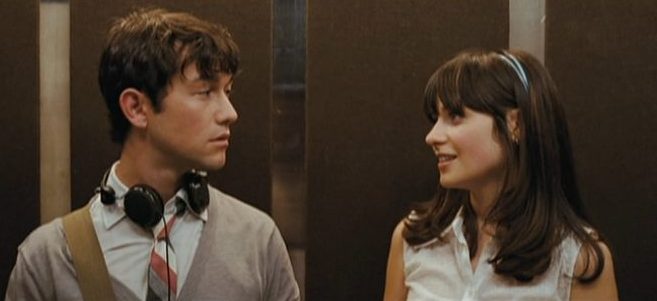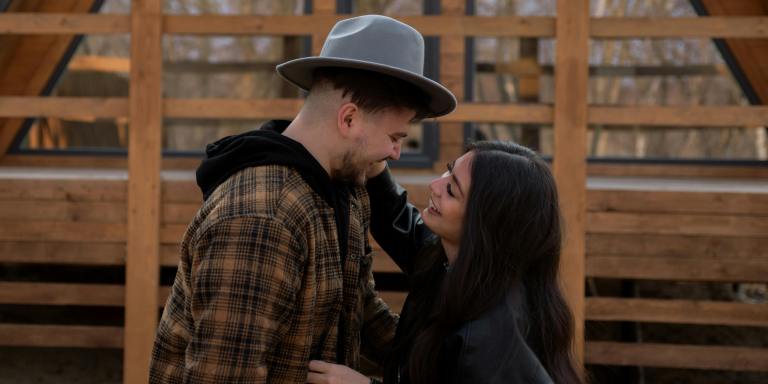When I was 4, I was molested by my sister. She was 9. Perhaps molested isn’t the right word. Words such as “molestation” and “rape” carry with them the weight of understanding and purpose in one’s own doing, and 19 years after the fact, there is no part of me that views what happened to me or my sister’s actions with malicious intent. That being said, I still feel and felt victimized and despite the innocence of my predator, I have found it difficult to come to terms with and wrap my head around the idea that my first sexual encounter occurred before I was even old enough to fully understand it was happening.
Recently, the internet has been swept into a furry over passages in Lena Dunham’s memoir that some say implicate her in the molestation of her younger sister Grace Dunham. The reactions to this have ranged from outrage that she seemingly jokes about these interactions to outrage that one would ever consider a 7 year old a sexual predator. In Dunham’s case, I think the key piece of information here is that her sister doesn’t feel victimized and that’s an important distinction. I would certainly never presume to tell anyone who doesn’t feel the victim of sexual abuse that they are wrong. But I think that this brings about the opportunity to have a greater conversation about how we as a society handle such situations and more importantly, what do we do when children do feel sexually abused by another child?
When I was 4, there was no part of me that understood what was happening. I remember being told to go under the blanket and lick and when I was done, she would do the same. I remember not wanting to do it because 4 year old me thought it tasted gross. I remember not knowing if I should tell but more importantly, I remember not knowing what I would be telling. The problem is that 4 year old me didn’t have the vocabulary or understanding to tell or to make it stop. And furthermore, I was unsure if perhaps I had also done something wrong or bad. So I did what 4 year olds do when bad things happen in the dark — I went to sleep.
When I was 13, I finally had the vocabulary and the understanding to know what happened to me. It was the first time that I knew enough to know that I was 4 and it wasn’t my fault and I had done nothing wrong. It took me months to gain the courage to tell my mother. The day I finally did, I was shaking. I remember crying and the feeling of utter shame that overcame me when I realized I was implicating a sister I otherwise loved dearly and who hadn’t done a thing to me since we were children.
I don’t know exactly what I expected to happen when I told but it certainly wasn’t the reaction I received. After I told my mother, she yelled at me for being so upset and shouted, largely out of frustration, “What am I supposed to do now? She was a child?” I ran out of my house crying, furious with her. I only made it two blocks before my sister’s then-girlfriend caught up with me and drove me back home. When I got there, my sister was crying and my mother told me to apologize. I was then grounded for “running away” and in the ten years since, we have never spoken of it again. Words cannot properly describe the utter sense of both shame and loneliness I felt that night as I fell asleep. It was then that I learned the importance of keeping ugly truths to oneself.
Weeks later my sister’s girlfriend would have a breakdown on our back porch as she come clean about her own guilt at sexually exploring with her younger brother as a small child. My sister would then look at me with half a smile and say to her “so did we but we’re okay. It’s alright. You were just a kid.” I flashed a half-smile and then remembering what had happened weeks earlier retreated to my room where I cried myself to sleep.
Looking back now as an adult I know in my heart that my mother was at least partially right. It was years ago and she was just a child. What was she supposed to do? And that’s the problem. Nobody knows what she or anyone is supposed to do in these situations. So instead we are left with the options of either labeling children as sexual predators or dismissing the feelings of those who feel victimized by them. Neither of these options feels satisfactory. Neither of them feels right or like justice for either party.
Do I think that Lena Dunham sexually molested her sister? No. Do I think that my sister sexually molested me? I don’t know. It’s a question that has haunted me and filled my mind endless nights. I love my sister dearly and today she is a wonderful mother with whom I have zero reservations about the safety of her children. I know that her children are safe and that she is of no threat to any children, sexual or otherwise. But I’ve never been able to fully come to terms with what happened to me as a child because I was always made to feel that that is just what children do, and I was wrong for somehow making it “dirty” with my own uneasy feelings about it. Children explore with their bodies and sometimes others and that’s a part of growing up. But I find this flippant dismissal of such behavior having real emotional consequences disturbing.
We as a society need to have an honest discussion about sexual encounters between children. It is going to be uncomfortable and it should be but it must be done. What are practical and non-mentally damaging boundaries and how do we draw those for children who don’t understand sex or sexuality. Most importantly, we need to equip parents with the proper tools to address these situations — situations that are far more common than any of us like to admit or think about. It’s equally as important to the well-being of both children that we don’t overreact as it is that we don’t underreact.
When I was 4, I was molested by my sister. She was 9. She wasn’t a sexual predator but I was still a victim and that’s the point. ![]()





